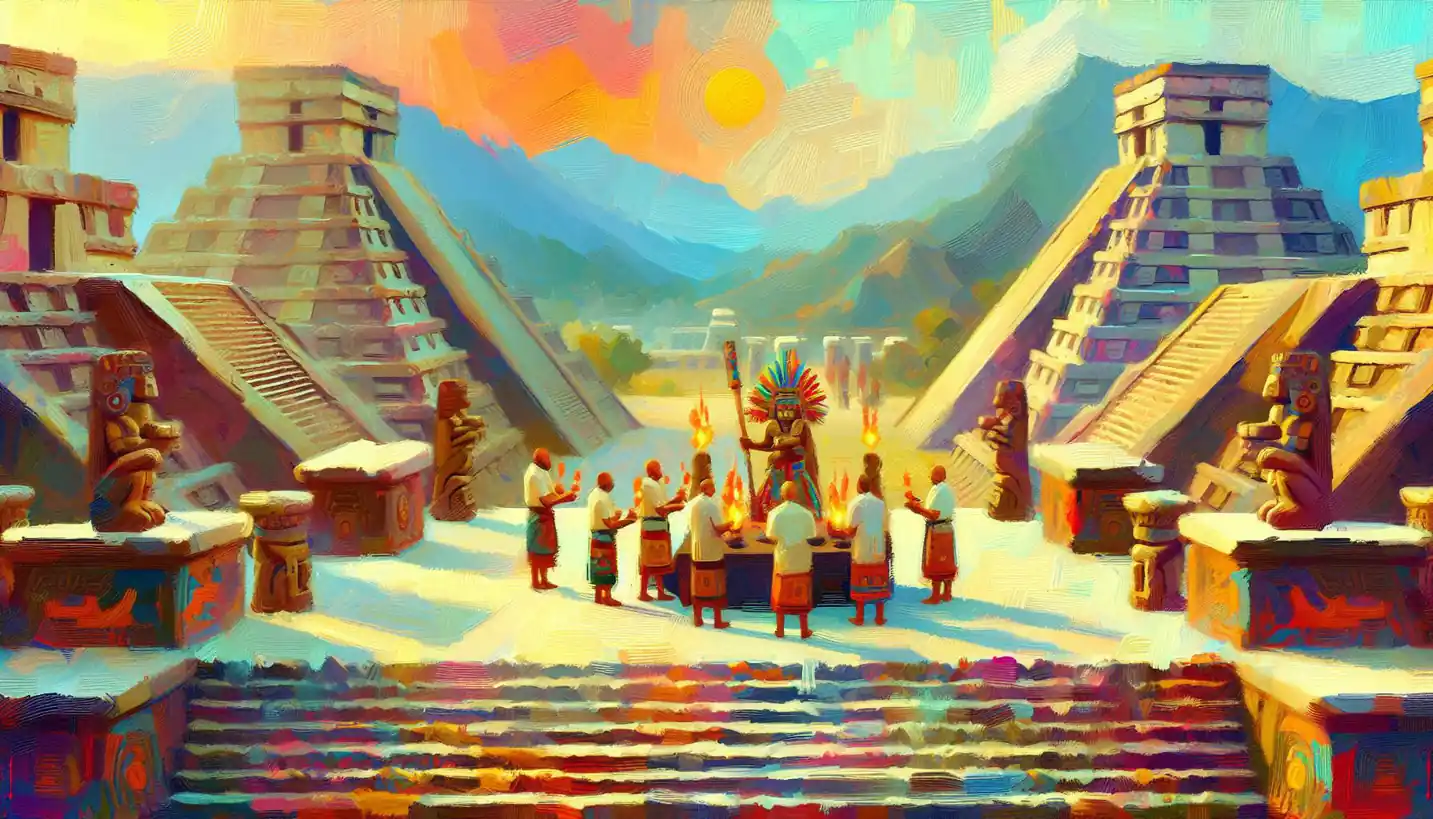· History · 4 min read
Earth Overshoot Day: A Marker of Our Environmental Impact
Earth Overshoot Day serves as a critical marker, reminding us of our environmental impact and the urgent need for sustainability.

Each year, Earth Overshoot Day serves as a stark reminder of the pressure humanity places on our planet’s resources. This symbolic date marks the point when our consumption exceeds what Earth can regenerate in that year. But what is the story behind this important concept, and why does it matter so much to our future?
First, let’s dive into what Earth Overshoot Day actually represents. Imagine if everyone on the planet gave you a set amount of cookies to last a year, but by August, you’d eaten them all. You’d have to borrow cookies from next year’s stash just to get through. Similarly, Earth Overshoot Day signifies the day when humanity has used all the biological resources that Earth can regenerate in one year. For the rest of the year, we operate on ecological deficit, depleting stocks of natural resources and accumulating carbon dioxide in the atmosphere.
The day is calculated by the Global Footprint Network, an organization that keeps a keen eye on the balance sheet of our planet’s biological resources. They compare our ecological footprint — that’s everything from the food we eat, the energy we consume, to the waste we generate — to the Earth’s biocapacity, the ability of Earth’s ecosystems to generate natural resources and absorb the waste.
You might wonder why it is crucial to know when Earth Overshoot Day occurs. It’s like a health check for our planet, offering a glimpse into how sustainable (or unsustainable) our lifestyles are. When the day falls earlier in the year, it indicates that we are using resources significantly faster than our planet can replenish them. Alarmingly, Earth Overshoot Day has been creeping earlier since the 1970s, reflecting humanity’s growing ecological footprint.
So, what causes this overshoot? Let’s break it down. One of the main contributors is our addiction to fossil fuels. Every time we burn coal, oil, or gas, we release carbon dioxide, a greenhouse gas that contributes to climate change. Our modern lifestyles, with their heavy reliance on energy and resources, also strain Earth’s ecosystems. From deforestation for agriculture to overfishing in our oceans, our demands often outpace what nature can sustainably offer.
Consider this: if everyone lived like the average person in the United States or Australia, we would need several Earths to sustain such a lifestyle. That’s a clear indicator that there is a significant disparity in how resources are consumed across the globe.
Now, here’s where the concept gets more interesting. Earth Overshoot Day isn’t just a dire proclamation; it also inspires solutions. Governments, organizations, and individuals use this date as a catalyst for change. It urges societies to rethink their consumption patterns and explore sustainable practices.
Some of the strategies to push the date further into the year include transitioning to renewable energy, improving energy efficiency, and adopting sustainable agricultural practices. But it’s not just about policy changes; it’s also about small individual actions that collectively make a significant impact. Imagine if millions of people made efforts to reduce waste, conserve energy, and support sustainable products — the cumulative effect could be profound.
Looking to the future, there is hope. Technological innovations are paving the way for sustainable alternatives. Consider advancements in solar and wind energy, which offer clean, renewable power sources. Sustainable farming practices, like permaculture and agroforestry, are on the rise, promoting biodiversity and soil health. Electric vehicles are becoming more accessible, offering a greener option for transportation.
The story of Earth Overshoot Day also teaches us about resilience and ingenuity. Throughout history, societies have confronted environmental challenges and adapted. This time, however, the global scale of our impact means that collaboration, innovation, and collective action are more important than ever.
It’s also interesting to think about how Earth Overshoot Day could be used to spark discussions about equity and fairness. Who gets to use the resources, and at what cost? As the consequences of overshoot become more apparent through climate change and resource scarcity, these questions will become even more pressing.
In a broader sense, Earth Overshoot Day reminds us of our connection to the planet. It challenges us to ponder how we can live within our means, ensuring that future generations inherit a world as abundant and vibrant as the one we enjoy today.
For those curious about how they can contribute to positive change, there are many options. Joining community initiatives focused on sustainability, supporting policies that protect the environment, or even starting small by planting a garden, all help to shift the balance.
Earth Overshoot Day is more than just a date. It’s a call to action and a reminder of the urgent need to redefine our relationship with the natural world. By acknowledging and addressing our ecological overshoot, we move closer to a future where balance and sustainability are within reach — for everyone, everywhere.



